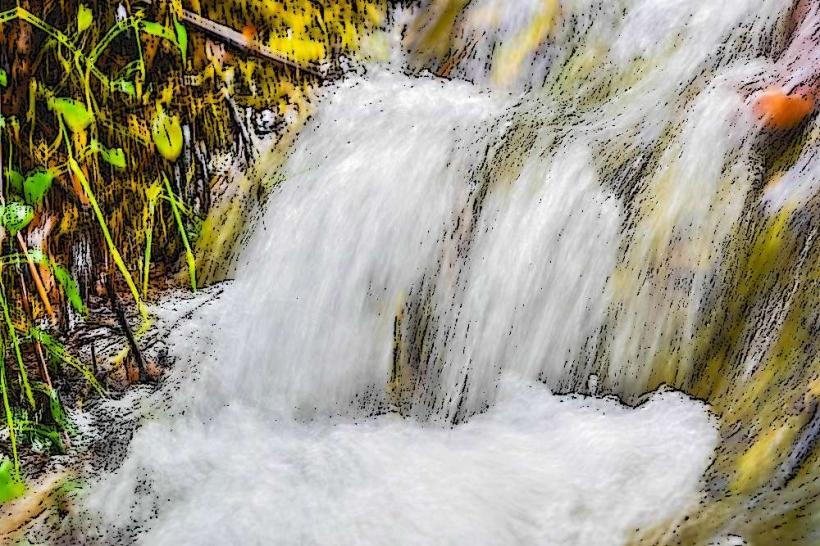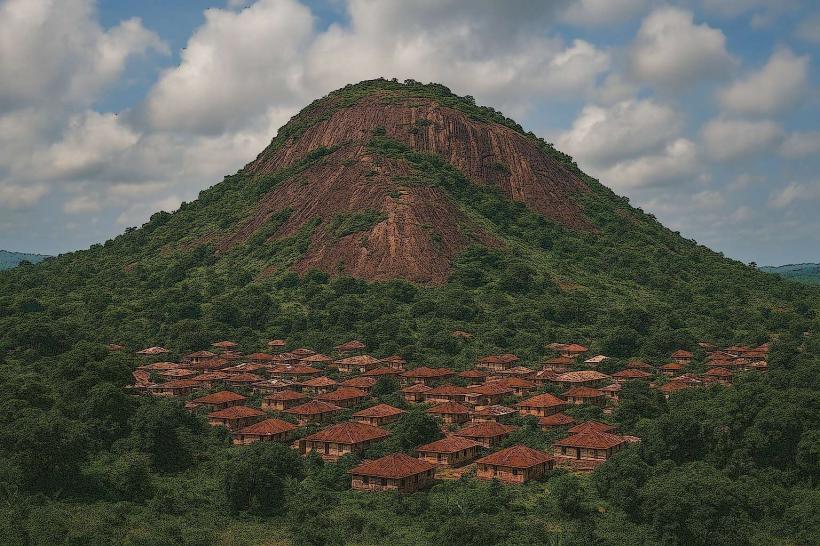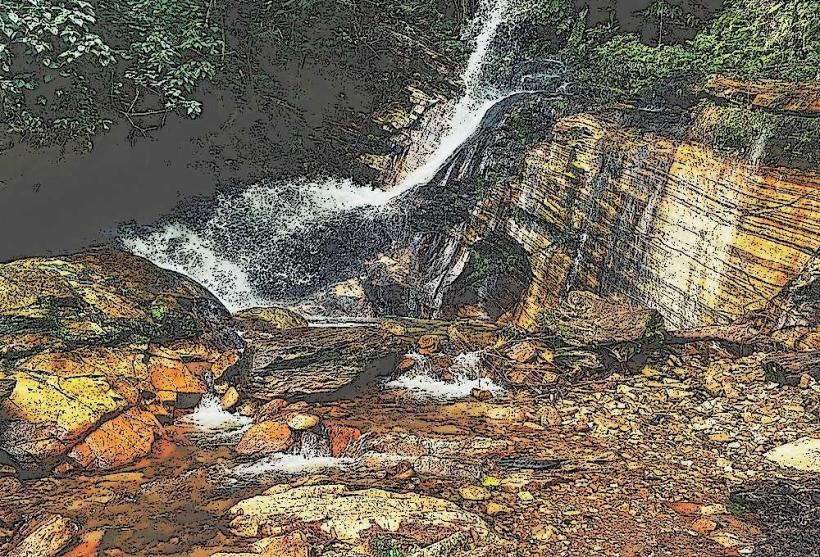Information
City: EkitiCountry: Nigeria
Continent: Africa
Ekiti, Nigeria, Africa
Ekiti State serves as the primary academic and agricultural hub of Southwestern Nigeria, colloquially known as the "Fountain of Knowledge" due to its high concentration of professors and educational professionals. It is a landlocked state characterized by its rugged, hilly topography and dense tropical forests, situated between the Savannah to the north and the rainforest to the south.
Historical Timeline
Ekiti State was created on October 1, 1996, carved out of the old Ondo State during the military regime of Sani Abacha. Historically, the region was defined by the Ekiti Confederation (Ekiti Parapo), a 19th-century military alliance formed to resist the expansion of the Ibadan Empire during the Kiriji War. The primary event shaping its current urban form was the 1996 designation of Ado-Ekiti as the state capital, which triggered the rapid conversion of a traditional agrarian town into a modern administrative center.
Demographics & Population
The state population is estimated at 3,950,000 as of 2026, with the capital, Ado-Ekiti, housing approximately 500,000 residents. The demographic is almost entirely Ekiti (a subgroup of the Yoruba). The median age is 19.1 years.
Urban Layout & Key Districts
The state is organized around Ado-Ekiti and several satellite "university towns." Key districts in the capital include the GRA (North), housing the state secretariat and luxury residences; Adebayo/Irona, the primary commercial artery; and Okesha, the historic center. Outside the capital, Ikogosi and Ikere-Ekiti serve as secondary cultural and industrial nodes.
Top City Landmarks
Ikogosi Warm Springs (Where warm and cold springs meet)
Arinta Waterfalls (Ipole-Iloro)
Fajuyi Memorial Park (Ado-Ekiti)
Efon-Alaaye Hills
Mount Ekiti (Olosunta and Orole Hills in Ikere)
Transportation Network
Movement within the state relies on a network of winding, hilly roads. Internal transit in Ado-Ekiti is dominated by "Keke" (tricycles) and local minibuses. There is no functional rail system within the state. Ride-sharing via Bolt is available in Ado-Ekiti. Traffic density is generally low, except at the Fajuyi Roundabout and the Oja Bisi market area during peak hours.
Safety & "Red Zones"
The general safety level is moderate to high. However, caution is advised on the inter-state highways connecting Ekiti to Akure and Ilesa at night due to occasional reports of kidnapping and highway robbery. Travelers are advised to avoid the forest-dense border areas between Ekiti and Kogi State after sunset.
Digital & Financial Infrastructure
Average internet speeds are 25–40 Mbps on 4G networks. Main carriers are MTN, Airtel, and Glo. Card acceptance is standard in Ado-Ekiti hotels and the Ekiti State University (EKSU) corridor; cash is mandatory in rural agrarian markets. ATMs are concentrated along the Bank Road and Adebayo areas in the capital.
Climate & Air Quality
Temperatures range from 21°C to 33°C. The state experiences a tropical climate with high humidity and a heavy monsoon season from April to October. Air quality is among the best in Nigeria due to the lack of heavy industrial clusters and the vast forest cover, though visibility drops during the Harmattan (December–January).
Culture & Social Norms
Tipping is voluntary (5–10%). Intellectualism is a core cultural value; respect for teachers and professors is a significant social rule. Traditional greetings (prostration for men, kneeling for women) are strictly observed for elders and monarchs (Obas). Pounded yam (Iyan) is the staple cultural dish. Alcohol is available in social clubs and traditional "Palm Wine" shacks.
Accommodation Zones
Ado-Ekiti GRA: Recommended for high security, quiet environment, and proximity to the Government House.
Ikogosi: Recommended for tourism-focused stays at the dedicated resort facilities.
Local Cost Index
1 Espresso: ₦2,800 ($1.85)
1 Standard Lunch: ₦7,000 ($4.65)
1 Metro/Bus Ticket: ₦500 ($0.33) - Local Keke rate.
Nearby Day Trips
Erin Ijesha Waterfalls (Osun State): 45 km (60 minutes)
Idanre Hills (Ondo State): 70 km (90 minutes)
Akure (Ondo State capital): 50 km (60 minutes)
Ekiti State University: Within city limits (15 minutes from center)
Facts & Legends
Ekiti is said to have the highest number of PhD holders per capita in Nigeria. A local legend at Ikogosi Warm Springs tells of a powerful hunter whose two wives turned into water; one was ill-tempered (the warm spring) and the other was calm (the cold spring), meeting at a confluence without ever mixing their temperatures. This site remains a sacred location for traditional prayers for peace and fertility.




